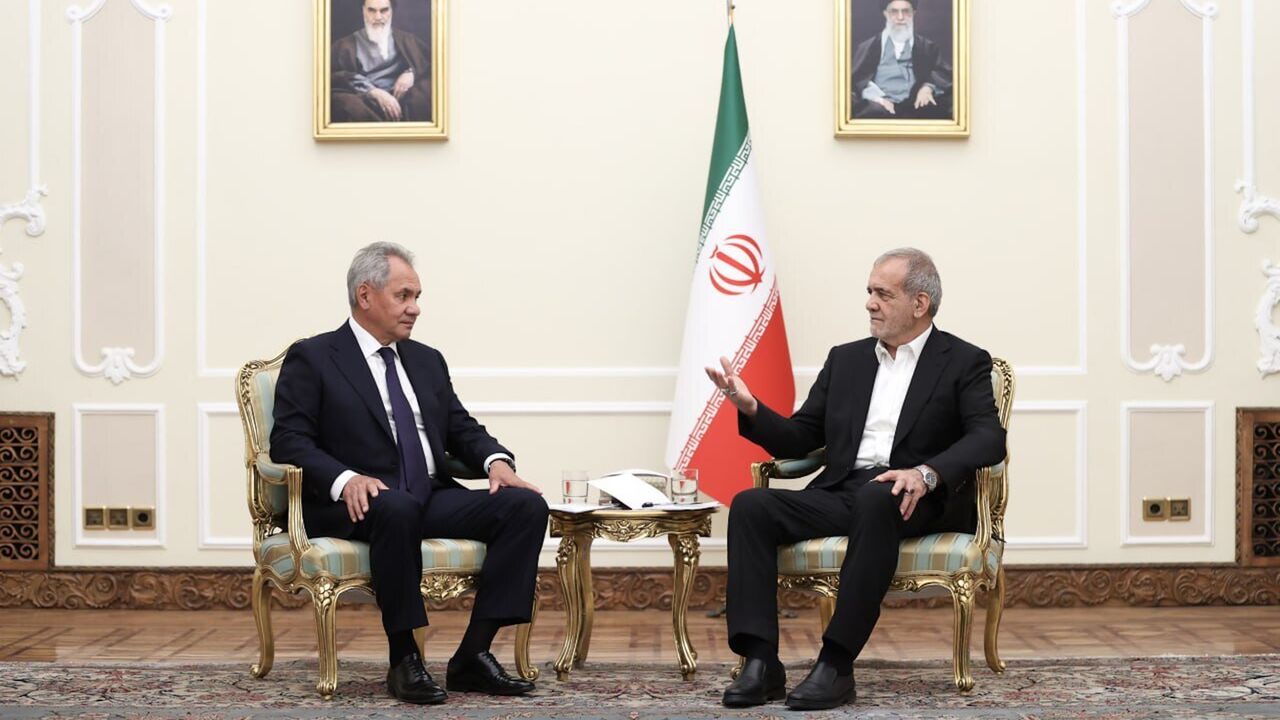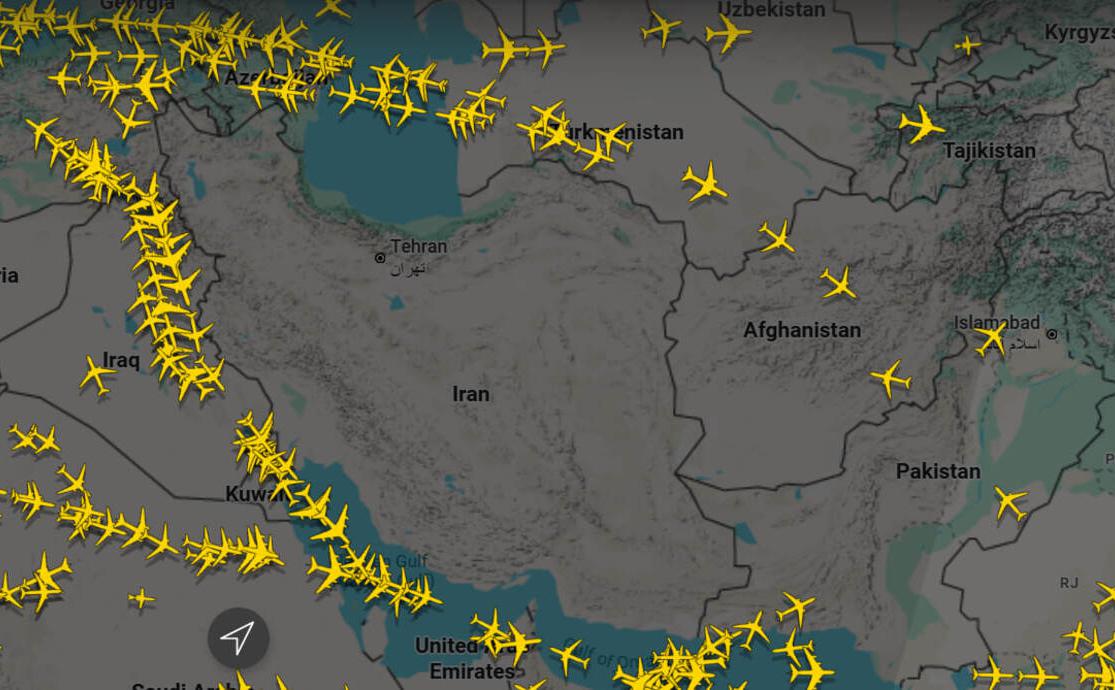After the failed attempt to provoke a full-scale conflict in the Middle East through an attack on Israel from Palestinian territories in 2023, the Kremlin is now trying to push Tehran towards aggression against Israel. Moscow hopes that such an action will force Jerusalem to strike significantly against Iran. A group of "advisors" has arrived in Tehran from Moscow with the aim of coordinating this military operation. It is also reported that former Russian Defense Minister Sergey Shoigu is in Iran, as reported by Robert Lansing Institute.
According to more detailed information, the Hamas attack on Israel suggests external support and prior planning. One scenario proposed by Russian advisors includes a series of combined strikes consisting of rocket and drone attacks from various points over several days, based on strategies developed by the Kremlin during the war in Ukraine. The implementation of such a plan could significantly deplete Iranian weapon stocks, requiring three to five months for replenishment. However, the advisors doubt that this approach would cause significant damage to Israel and propose a more complex strategy.
Instead, they recommend a hybrid scenario that combines rocket strikes with ground clashes along borders with Lebanon and Syria, as well as terrorist attacks. This strategy also includes cyberattacks on Israel's banking, transportation, and energy infrastructure, possibly with support from Russian military intelligence or FSB hackers.
An alternative scenario involves a "limited" strike targeting one or two key sites deemed most vulnerable by Iranian and Russian intelligence. This option is considered more acceptable for Iran as it reduces reputational and military risks. The Kremlin is interested in redirecting Western resources to assist Israel, which could reduce support for Ukraine and create difficulties for the US in its geopolitical commitments in Europe and the Middle East.
This situation could lead Washington to seek Russian mediation to stabilize the situation. This would benefit the Kremlin, as it aligns with its objectives. However, a significant obstacle to implementing these plans is Iran's position. Tehran shows reluctance to Moscow's proposals and is not interested in participating in a large-scale war.
Thus, despite the Kremlin's efforts, engagement with Iran in this context faces significant challenges, and the current situation requires careful analysis and further steps to achieve the set goals.




















